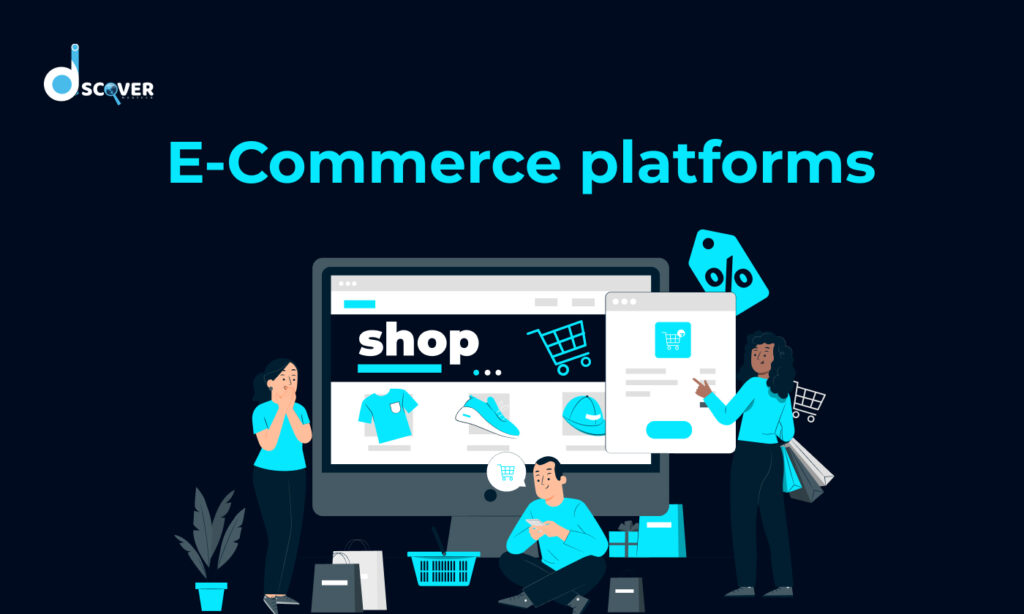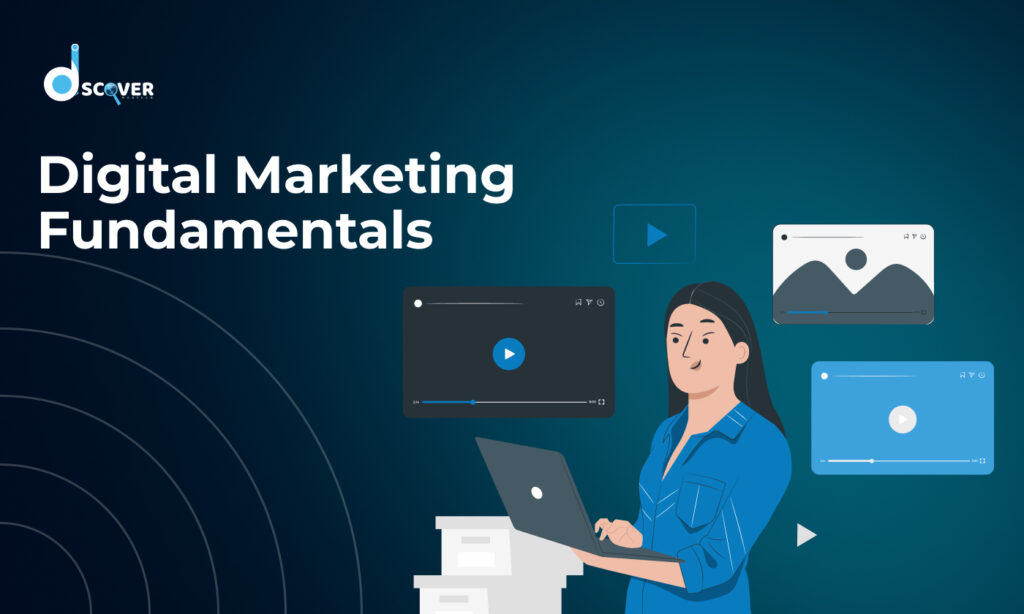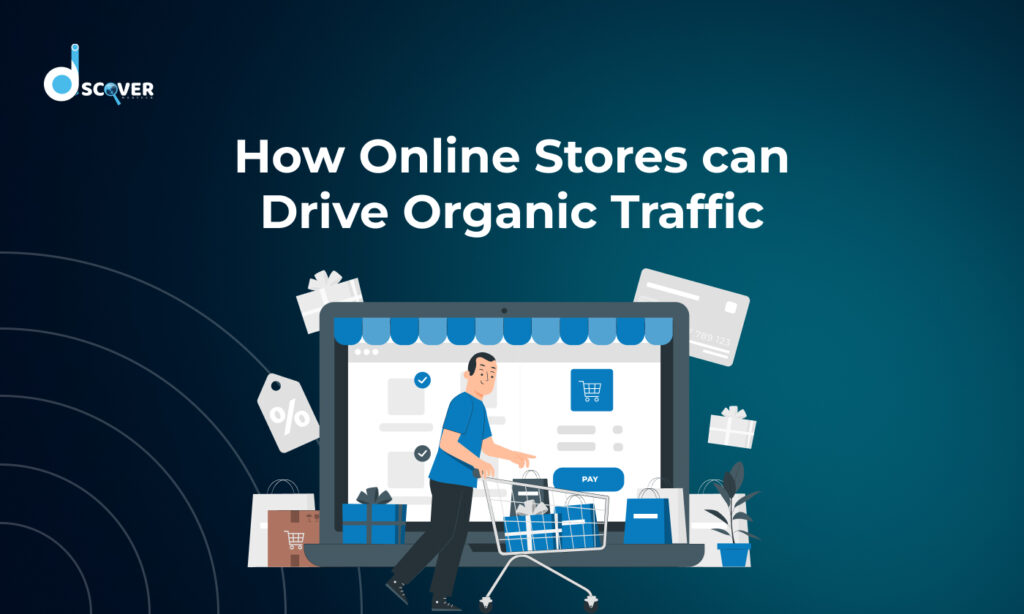
2025 is shaping up to be an amazing year for new e-commerce entrepreneurs. With the global e-commerce market booming and expected to hit nearly $7 trillion, there’s never been a better time to start an online business. Technologies like AI, augmented reality (AR), and blockchain are making shopping easier and more fun, helping businesses offer better customer service, secure transactions, and even virtual product trials. These advances are opening up exciting possibilities for entrepreneurs just getting started.
Social media platforms are also playing a huge role in e-commerce growth. Apps like TikTok have made it super easy for people to buy products directly while scrolling through their feeds. Plus, with more people shopping on their phones, making sure your website or store is mobile-friendly has become essential. All these trends show that the e-commerce world is changing fast, making 2025 a great year for anyone looking to jump in and build a successful online business.
In this blog, we’ll walk you through the best e-commerce platforms for beginners in 2025 and help you choose the right one to kickstart your entrepreneurial journey.
Key Considerations When Choosing Ecommerce Platforms
When picking an ecommerce platform for beginners, it’s important to focus on a few key things that can make running your online store easier and more successful. With so many platforms out there, it’s helpful to know what features matter most to you. Whether you’re just starting out or looking to grow your business, here’s what to keep in mind:
- Ease of Use & User Experience: Look for a platform that’s easy to use, even if you’re not tech-savvy. You want something that helps you set up your store quickly and manage it easily. Shopify and Wix are great options because they’re simple to navigate and don’t require much technical knowledge.
- Pricing and Scalability: Make sure the platform fits your budget and can grow with your business. Shopify, for example, offers different pricing plans starting at $29 a month, so you can choose one that works best for your needs as your store grows.
- Built-In Features & Integrations: Check if the platform has useful tools like inventory management, payment options, and marketing features built-in. You’ll also want to know if you can easily connect it to other apps and tools. WooCommerce is a great choice for this, as it offers many plugins to customize your store.
- Security and Support: It’s essential to choose a platform that keeps your customers’ information safe. You also want reliable customer support in case you run into any issues. BigCommerce, for example, offers 24/7 support to help you with any questions or problems.
Top Ecommerce Platforms for Beginners in 2025
Here are some of the best ecommerce platforms for beginners in 2025, each offering different features to help you get started with your online store:
- Shopify – The All-in-One Starter Solution: Shopify is super easy to use and has everything you need to run your online store, from customizable themes to secure payment options. It’s perfect if you want a simple, all-in-one solution for your business. Visit Shopify
- WooCommerce – Best for WordPress Users: If you already have a WordPress site, WooCommerce is a great plugin to turn it into an online store. It’s highly customizable and offers tons of extensions to add extra features to your store. Visit WooCommerce
- Wix – Intuitive and Visually Driven: Wix is known for its easy drag-and-drop builder, so you can create a beautiful online store without needing any coding skills. It’s perfect for people who want a stylish and creative site without the techy stuff. Visit Wix
- Weebly – Simplified Setup for Small Inventories: Weebly is a great option for small businesses or anyone with a small product range. It’s simple to set up, with easy-to-use tools and templates to get your store up and running in no time. Visit Weebly
- Sellfy – Great for Digital and Print-on-Demand Products: If you’re selling digital products or print-on-demand items, Sellfy is a fantastic choice. It’s simple to use and helps you deliver digital products to customers and manage your print-on-demand sales with ease. Visit Sellfy
- BigCommerce – Scalable Solution for Growing Businesses: BigCommerce is perfect if you’re planning for growth. It offers advanced features like selling on multiple channels and built-in SEO tools to help your store grow as your business expands. Visit BigCommerce
- Squarespace – Elegant Design with E-Commerce Capabilities: Squarespace is great for those who want a stylish, elegant online store. While it’s more focused on design, it still offers solid e-commerce features, making it a good choice for people who want their store to look amazing. Visit Squarespace
- PrestaShop – Open-Source Flexibility: PrestaShop is for those who want total control over their store’s design and features. It’s open-source, which means you can customize it as much as you want if you’re comfortable with some technical work. Visit PrestaShop
Detailed Comparison & Pros/Cons
When picking the best ecommerce platform for beginners, think about what features, ease of setup, and cost work best for you. Look for platforms that offer basic tools like secure payments, inventory management, and customizable themes, such as Shopify or BigCommerce. If you want something super easy to use, platforms like Wix and Weebly let you set up and design your store with drag-and-drop features. Don’t forget to check the price—WooCommerce is free for WordPress users, making it a great budget-friendly option. By thinking about these things, you can choose the platform that’s perfect for your online store.
Final Thoughts
Choosing the right ecommerce platform is key to your online store’s success. Consider factors like ease of use, cost, and features that suit your needs. Platforms like Shopify and WooCommerce are great for beginners because they’re user-friendly and have plenty of support. Once you pick your platform, the next steps are to set up your store, add products, and start marketing. Focus on understanding your audience and promoting your store to reach more people. If you need expert guidance, becoming an e-commerce digital marketing expert can help you make the right decisions. With the right platform and a clear plan, you’re on your way to building a successful online business!
Also checkout our latest blog on-”Shopify Alternatives”


